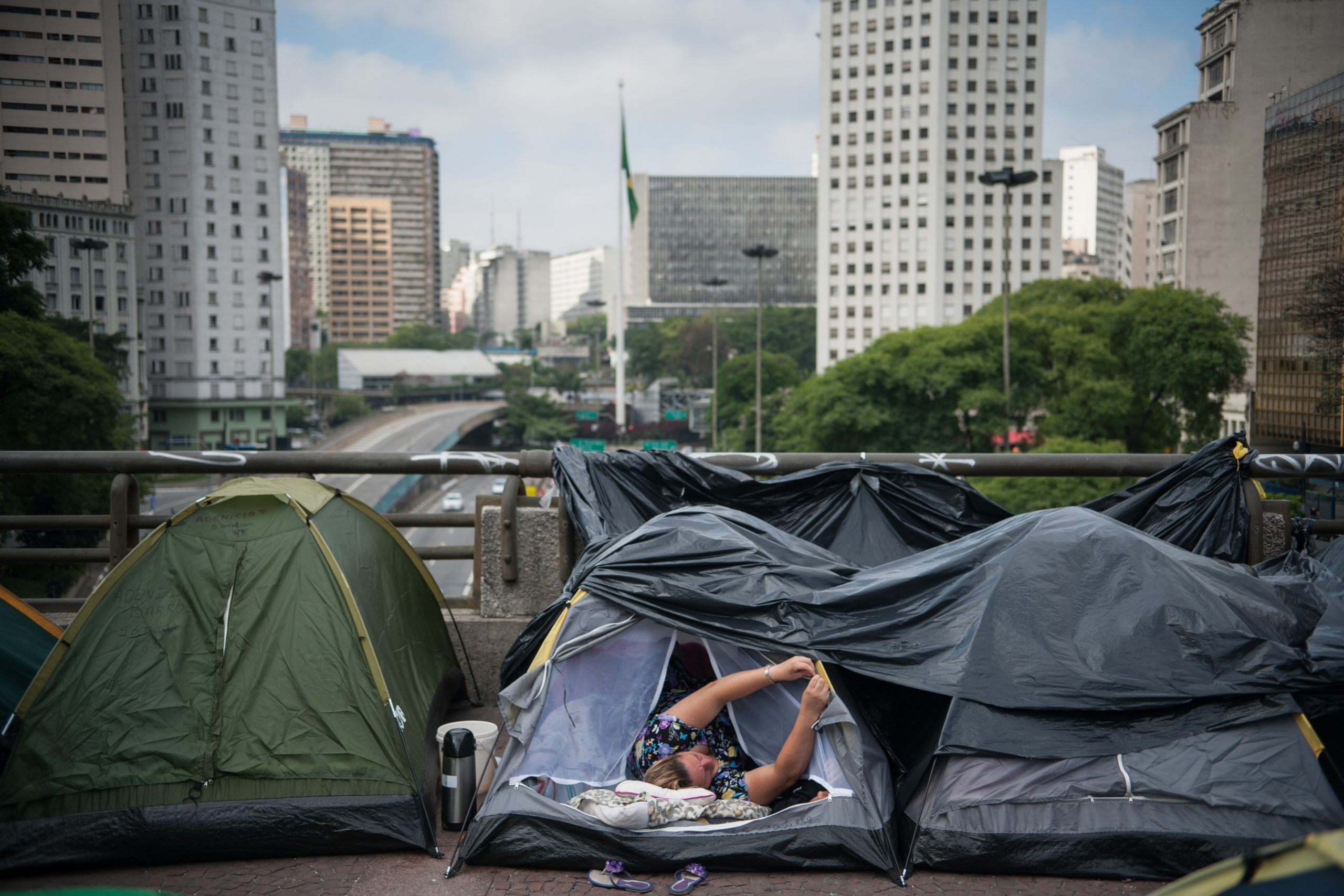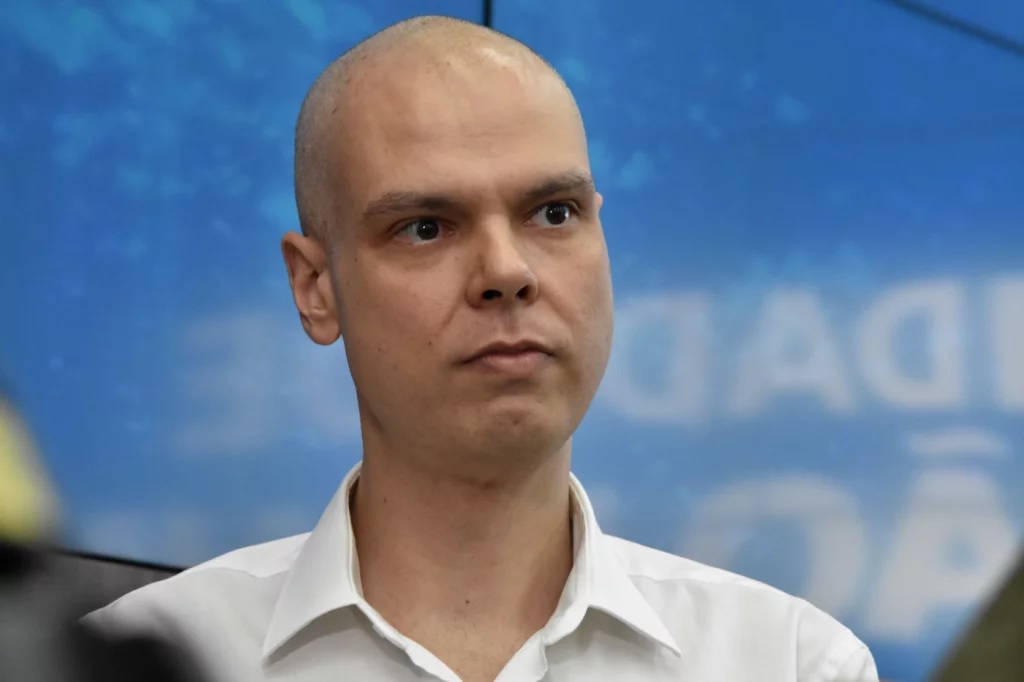SÃO PAULO, BRAZIL – The worsening social conditions of many Brazilians are also reflected in the latest surveys on the number of homeless people in São Paulo. Over the past three years, their number in this city of 20 million inhabitants has increased by 60.5 percent, Mayor Bruno Covas announced.

Among them are often families with small children. They live next to a wall under cardboard boxes, do their laundry in fountains in public parks or shelter in derelict buildings. In 2015, there were some 15,900 homeless people in São Paulo, but now there are 24,344.
However, the ‘Pop Rua’ (“street people”) movement claims that the number is in fact much higher. They say that there are approximately 32,000 homeless people. They criticize the census criteria. People living in shacks or in underground spaces beneath buildings and under overpasses have not been included in the census.
Mayor Covas commented on social development with a sentence that could have come from Bolsonaro’s collection of quotes: “There is no point in investing money in social housing until the underlying problem is solved.” Bruno Covas is a member of the Social Democratic Party of Brazil (PSDB), which was part of the government coalition of former president Michel Temer.
Just over a year ago, on January 30th, 2019, the Homeless Workers Movement (MTST) organized a protest in São Paulo with over 10,000 demonstrators. It marked the beginning of a campaign for decent housing. “We are not terrorists, we are people who cannot pay the rent at the end of the month,” explained Guilheme Boulos, the MTST coordinator. The movement often squats vacant buildings or unused land on which it erects precarious homes.
In Brazil, there is a deficit of about six million homes. The Minha Casa Minha Vida (“My house, my life”) popular housing program implemented by the Workers’ Party (PT) governments has been severely curtailed since Michel Temer came to power and has been completely shut down by Bolsonaro.
According to data from the Research Institute for Applied Economics (IPEA), there are over 100,000 homeless people in Brazil.

The structural problem was reduced but not solved under the governments of Lula da Silva and Dilma Rousseff. At that time, there were day centers for the “street dwellers”, where they were provided with free identity documents and prepared for reintegration into the labor market or even to their places of origin. But even these centers were barely enough to cope with the number of Brazil’s domestic poverty migrants.
The social and educational programs helped the black and colored population in particular to secure food and opportunities to advance. For the first time in Brazil’s history, they reached the majority of students at federal universities in 2018, with 50.3 percent of students.
The governments of Michel Temer and Jair Bolsonaro brought the social and educational programs to a close, for the most part, thus exacerbating the problems once again. High unemployment, expensive public transport fares, and unaffordable rents pushed up the number of street dwellers in all Brazil’s major cities.
The megacities are a refuge for rural migrants, victims of large-scale industrial agricultural production. Tens of thousands of subsistence farming families have either been forcibly evicted from their landholdings or are no longer able to keep up with this type of agriculture. Some are also fleeing from areas of extreme poverty where there are no transportation facilities, schools or medical care.
According to the São Paulo municipal survey, many other issues are causing dislocation. These include family conflicts, drug addiction, depression and release from prison.
Extreme poverty rose again to 6.5 percent in 2019, which represents 13.5 million of the approximately 200 million Braziliansm whereas under ex-President Lula da Silva it was 4.5 percent.

